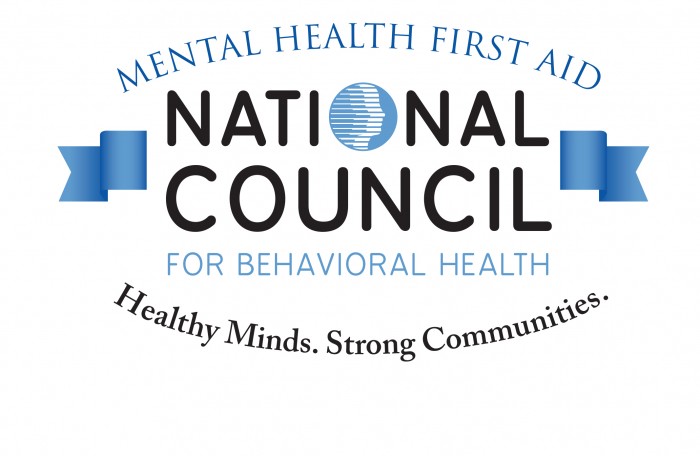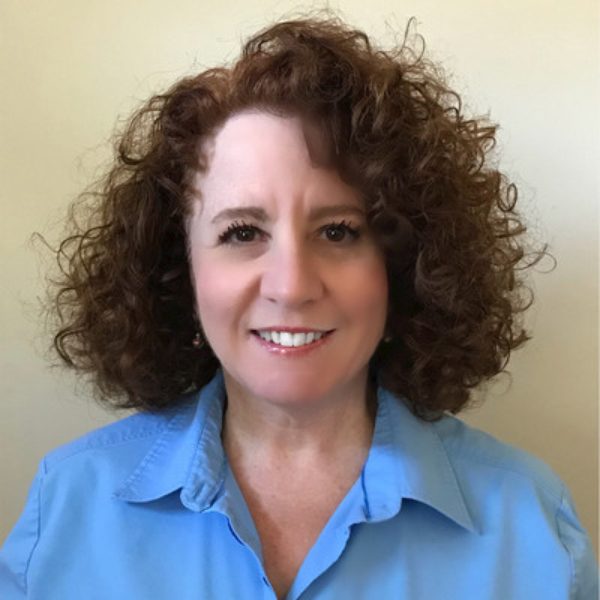Employment-Related Focus Groups
ODP Requesting Feedback Regarding Virtual QM Classes
The purpose of ODP Announcement 21-001 is to gather information (for planning purposes) on system interest in completing the Office of Developmental Program’s (ODP’s) virtual Quality Management (QM) Certification classes in 2021. Please review the announcement for additional information and to complete the survey.
Please tell us if you would be interested in attending a QM certification class in 2021 by visiting the following link and completing the quick survey no later than January 15, 2021.
Medication Administration: System Access and Required Maintenance

ODP Announcement 21-003 provides guidance on accessing the Medication Administration Train the Trainer course; it also announces required maintenance to the Medication Administration Student Courses that will last until January 19, 2021.
Train the Trainer Course:
If you are a trainer or trainer candidate taking the Train the Trainer course, you can continue to access the course here.
- Do not make any adjustments for Adobe Flash to view the webcasts or access the exams. Adobe Flash was discontinued on December 31, 2020.
- You are able to view all Train the Trainer course webcasts without the use of Adobe Flash.
- You are now able to take the Part 1 and Part 3 portions of the Written Documentation Exam without the use of Adobe Flash.
Whether you started the Train the Trainer course before the Adobe Flash maintenance was completed on December 28, 2020 or whether you start the Train the Trainer course now, you do not need Adobe Flash.
*Please Note: When you have successfully completed your exams, if your final scores do not calculate or do not appear, you must contact the Medication Administration Help Desk in order to be enrolled in a virtual face-to-face class.
Student Course (to Pass Medications):
The student course is currently undergoing required maintenance on the webcasts and the exams to ensure that they will work properly because of the discontinuation of Adobe Flash. This maintenance will impact the webcasts and the exams.
- If you are a trainer preparing to create a Medication Administration class so that your staff can learn to administer medications, please do not create any new classes until January 19, 2021 or after that date.
- If you are a trainer currently conducting a Medication Administration class, please ask your staff to suspend all classwork until January 19, 2021 or after.
- If you are staff currently taking the Medication Administration class, please suspend all classwork until January 19, 2021. Please inform your trainer that you have had to suspend your work.
If you run into problems or have additional questions, please contact the Medication Administration Help Desk.
COVID-19 Discussion Call – Answers to Your COVID-19 Vaccine Questions: Wednesday, January 13
OVR State Board Meeting Dates for 2021
Free Webinar: Braided Funding Strategies for Better Employment Outcomes
Vaccination for Non-Residential Direct Support Providers in IDD Services

RCPA Member Citizen Care Appoints Lisa Musselman as Executive Director
Maher Duessel Provides COVID-19 Relief Update














